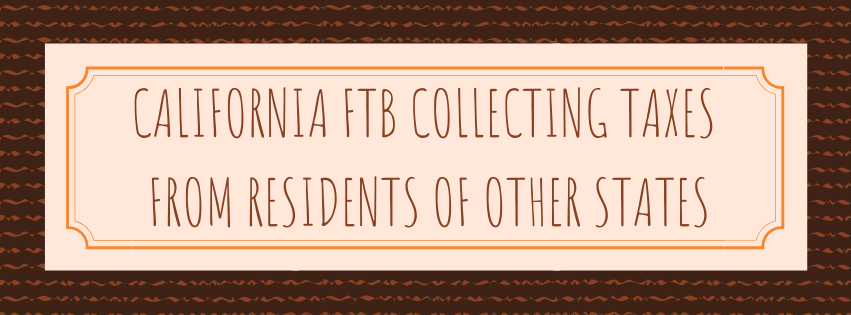Imagine that you’re a screenwriter living in Arizona. While you perform all of your screenwriting business in your state of residency, some of your clients predictably reside in California, where most major studios operate. You file for taxes in your home state, only to receive notice from California’s Franchise Tax Board (FTB) that you also owe taxes to the state of California, even though you do not live there. While this may seem unreasonable, it is the basis for a real OTA case, The Matter of Blair S. Bindley.
In accordance with a recent ruling, the California FTB claimed that Mr. Bindley’s business was “unitary,” meaning that the services he provides in the state of California are the same as those he offers in his own state. According to Forbes, unitary businesses are subject to taxation in the state where the benefit of the services is received. In Mr. Bindley’s case, the benefit of his services was received by his clients’ studios in California, so it was ruled that he was liable for California State income tax on the portion of his earnings gleaned from California clients, even though he resided in a different state.
The California Franchise Tax Board is widely known for being ruthless in its pursuit of tax collection from residents who have moved out of state, contesting their change of residency and even when the move occurred in order to assess any applicable California taxes. In fact, many tax professionals would prefer being audited by the IRS than the FTB. This recent case is especially troubling for small business owners who have customers in the Golden State, as it seems to set the precedent that even sole proprietors may be targeted by the FTB if they are selling to customers or clients in California, even if they live elsewhere and have no other connection to the state.
